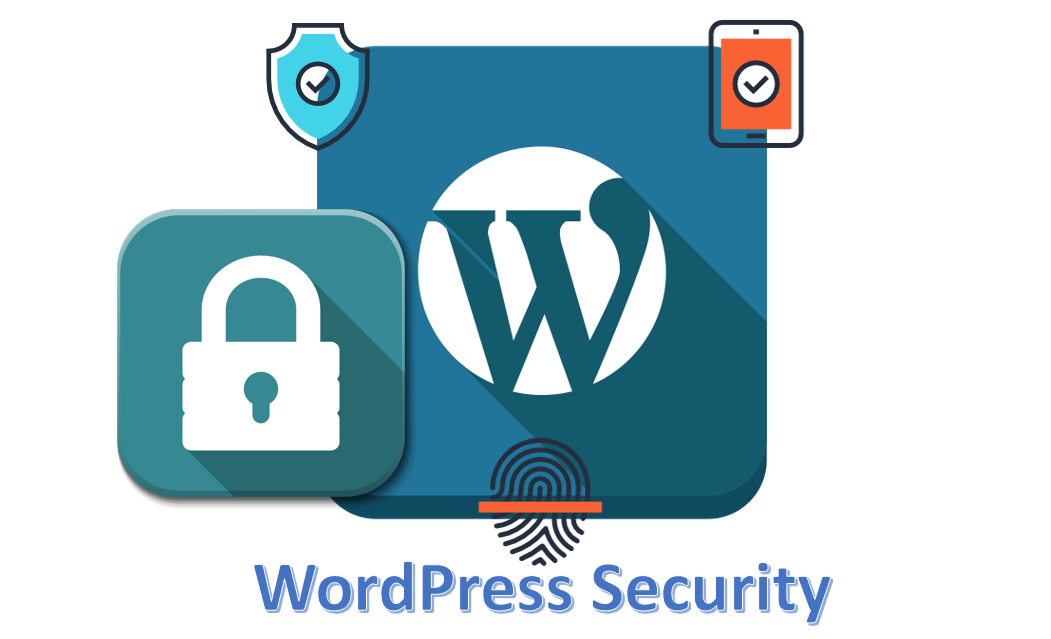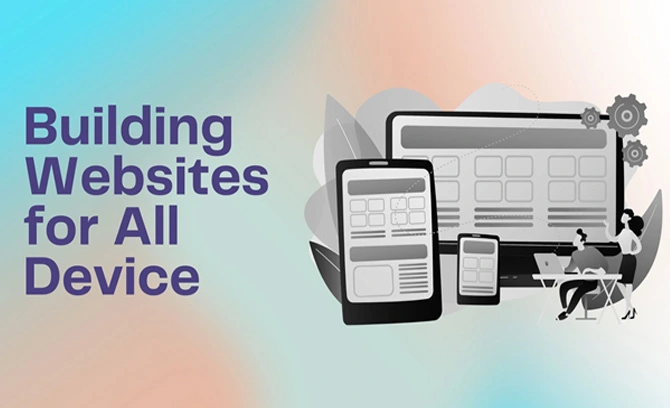WordPress is one of the most popular content management systems (CMS) on the web. However, like any other software, WordPress is not immune to security threats. In 2023, the top 10 WordPress security issues are likely to be outdated WordPress core, themes, and plugins, weak passwords and login security, brute force attacks, malware and virus infections, cross-site scripting (XSS) attacks, SQL injection attacks, file inclusion vulnerabilities, vulnerable third-party integrations, insecure hosting, and lack of backups. As a WordPress development company in India, we will explore with you each of these security issues and how to fix them.
Outdated WordPress Core, Themes, and Plugins Outdated WordPress core, themes, and plugins are one of the most common security issues. Hackers often exploit vulnerabilities in older versions of WordPress and its plugins to gain unauthorized access to websites. The solution is to keep WordPress core, themes, and plugins up to date. WordPress updates often include security patches that address known vulnerabilities. Therefore, it’s essential to install updates as soon as they become available.
Weak Passwords and Login Security Weak passwords and login security are also major security concerns. Many WordPress users use weak passwords that are easy to guess, making it easy for hackers to gain access to their accounts. To fix this issue, users should create strong passwords that are difficult to guess. It’s also recommended to use two-factor authentication (2FA) to add an extra layer of security to your login process.
Brute Force Attacks Brute force attacks are another common security issue where hackers attempt to crack passwords by trying various combinations of usernames and passwords. To prevent this, users should limit login attempts, and use security plugins to detect and block brute force attacks.
Malware and Virus Infections Malware and virus infections can cause significant damage to your WordPress site. To prevent malware and virus infections, users should scan their website regularly with security plugins to detect and remove any malicious code.
Cross-site scripting (XSS) Attacks Cross-site scripting (XSS) attacks involve injecting malicious scripts into web pages, which can steal sensitive information or hijack user sessions. To prevent XSS attacks, users should use security plugins that filter and sanitize user input to prevent malicious scripts from being executed.
SQL Injection Attacks SQL injection attacks occur when hackers inject malicious SQL code into a website’s database, allowing them to retrieve sensitive information or execute malicious code. To prevent SQL injection attacks, developers should use prepared statements and input validation to sanitize user input.
File Inclusion Vulnerabilities File inclusion vulnerabilities allow hackers to include malicious code into a website by exploiting insecure code that includes files. To prevent this, users should use security plugins that prevent unauthorized file inclusion.
Vulnerable Third-Party Integrations Third-party integrations can introduce security vulnerabilities into a WordPress site. Therefore, it’s essential to vet and monitor all third-party integrations to ensure they are secure.
Insecure Hosting Insecure hosting can leave a website vulnerable to security threats. Users should choose a reputable hosting provider that offers security features such as firewalls, malware scanning, and backups.
Lack of Backups Finally, lack of backups can result in a significant loss of data in the event of a security breach. To avoid this, users should back up their website regularly and store backups in a secure location.
In conclusion, WordPress security issues are likely to remain a concern in 2023. However may companies and individuals work with A WordPress development company in India which will help them in keeping WordPress core, themes, and plugins up to date, enabling strong passwords and login security, setup tools to prevent brute force attacks, scanning for malware and virus infections, using security plugins to prevent XSS attacks, using prepared statements and input validation to prevent SQL injection attacks, preventing file inclusion vulnerabilities, vetting and monitoring third-party
















